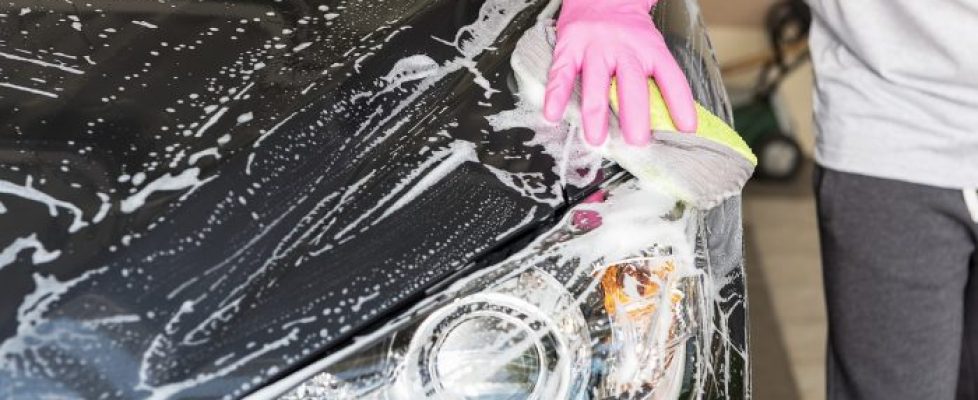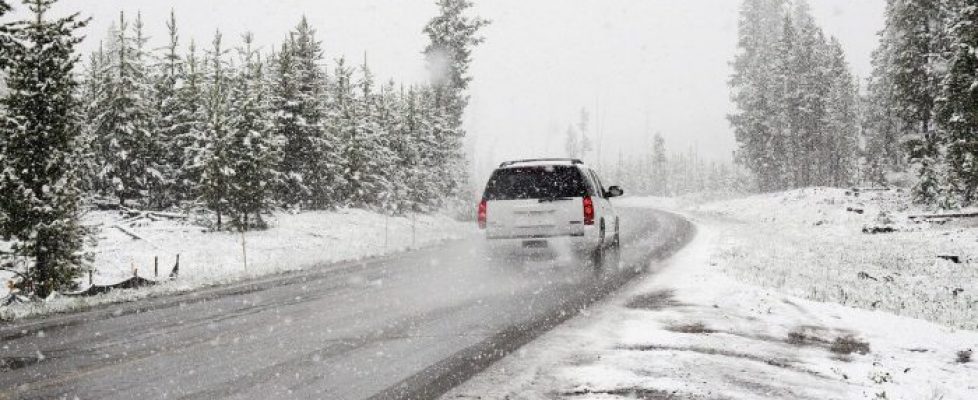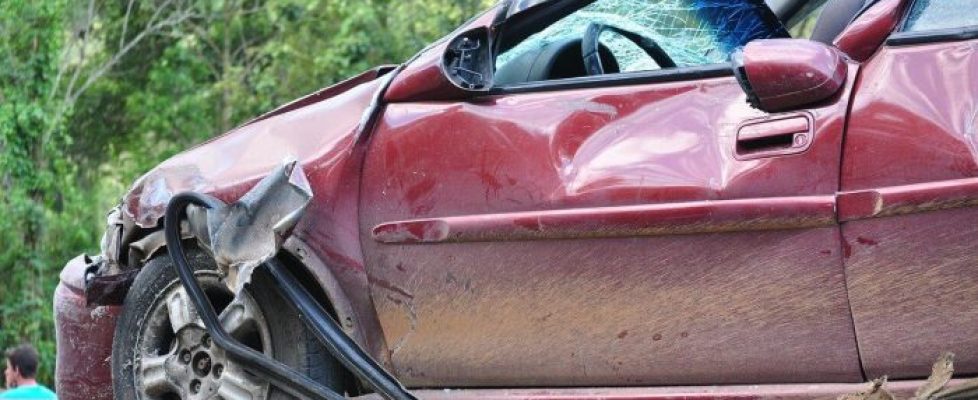Car Wash-Preserving Your Car’s Value
Clean Your Way to a Longer-Lasting Car
Motor vehicle corrosion is a billion-dollar problem in the United States, according to the Federal Highway Administration. And, no wonder. Road salt, tree sap, mud, pollution and even dead bugs and bird poop all contribute to a year-round assault on your vehicle here in Circleville, Ashville or Chillicothe, potentially leading to serious damage and pre-mature aging.
Safety is also an issue. Grime across your windshield and windows restricts visibility in all directions, and even a light coating of dust or pollen can impair your vision, especially at night or when driving into the sun’s glare.
That’s why we here at Hummel and Plum Insurance Agency encourage you to visit your local car wash regularly. Washing your car removes dirt, residues and pollutants that degrade your paint finish and corrode the underlying metal. It’s like anti-aging cosmetics for your automobile!
But, is handwashing at home or visiting a commercial car wash your best bet? While both lead to a clean vehicle, you’ll cut your water usage in half by going to a commercial facility and help keep toxins and soap away from street drains, which can lead to local waterways. As a bonus, some commercial facilities recycle their water.
No matter which method you choose, these five tips will help you get the most out of your car-cleaning routine:
1. Wash often. The longer tree sap, dead bugs and other gunk sit atop your paint, the more damage they can cause.
2. Avoid abrasive soaps, cloths and sponges that can grind dirt deeper into your paint finish.
3. Wash the undercarriage thoroughly to help prevent rust, especially after driving on road salt in the winter.
4. Don’t forget the headlights. When you’re driving at night, in the rain or through an unfamiliar neighborhood, you want every lumen of illumination you can muster.
5. Consider eco-friendly car soaps, such as biodegradable or waterless products, to help lighten the environmental impact of washing your car more often.
And, when you’re all done? Finish up with a good waxing to give your car extra protection and shine.
If you have questions about insurance coverage or need help with a claim, we here at Hummel and Plum Insurance Agency are happy to help. Call us at 740-477-3311.
Image by Sasin Tipchai










